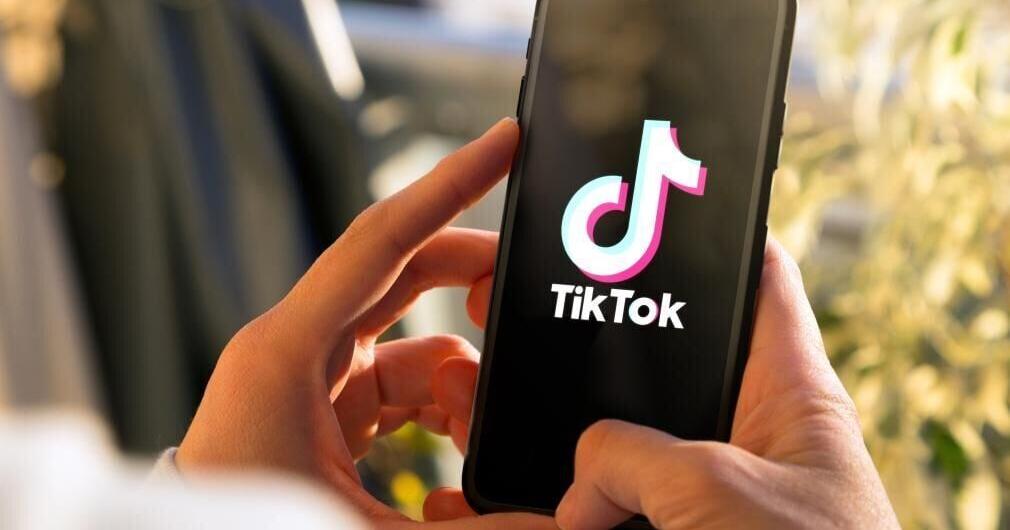Near the beginning of 2024, TikTok sounded a bit quieter. In an effort to negotiate a more lucrative licensing agreement, Universal Music Group began removing its songs—stripping hits by the Weeknd, Ariana Grande, and Olivia Rodrigo—from the app.
Universal had three primary sticking points: better compensation for artists and songwriters, protections from hate speech and harassment, and regulations on music creation via artificial intelligence. The stalemate—similar to Hollywood’s 2023 SAG-AFTRA and writers’ strikes—was tough for many artists wanting more royalties and safeguards for their peers but potentially at the cost of hurting their careers.
Three months later, Variety reported that both entities had reached a new deal to bring the label’s music back to TikTok, with both companies stating they would “deliver improved remuneration for UMG’s songwriters and artists, new promotional and engagement opportunities for their recordings and songs and industry-leading protections with respect to generative AI.” In addition, they will collaborate on “new monetization opportunities utilizing TikTok’s growing e-commerce capabilities.”
That three-month interruption further highlighted the landmines littered throughout the streaming era. But it pales compared to a much more foreboding and existential problem within the music industry: TikTok getting banned.
In late April 2024, the U.S. Senate passed a bill that would ban the Chinese-owned app unless it’s sold to a U.S. buyer in the next year, citing concerns about data security and foreign influence. The decision will likely be challenged in court, but how would the potential ban impact the music industry and TikTok’s 170 million American users?
Well, negatively.
The app’s mass appeal has increased streams and downloads, leading to more royalties. It’s become a petri dish for trends and viral content, influencing musical styles and catapulting new tracks. Without TikTok, artists would lose both their creative and marketing opportunities and the platform many use for experimentation and collaboration. Considering TikTok’s licensing agreements and revenue streams have provided economic stability, the move could also disrupt the financial opportunities for those looking to stay in the industry.
The possible loss of TikTok has highlighted the need for artists to keep extending their online presence. Apps, algorithms, and audiences are here today but easily gone tomorrow. “Artists should have unlearned having one platform being their main vehicle,” Sarah Flanagan, a former senior director of digital marketing at Columbia Records, told The Los Angeles Times.
“I knew people with massive Instagram audiences, and suddenly they change their algorithm and you can’t reach your followers,” she added. “You have to make sure you have email, texting, Discord, Substack, all of that. Trends change so quickly, you need to be able to transfer your superfans to other platforms.”
More touring may be an alternative, for both revenue purposes and publicity, a way of connecting with fans in both large-scale and personal environments. In addition to their artists leaning into other social media and online platforms, labels might also consider turning to more traditional marketing channels like television and radio, although they may not offer the same engagement opportunities as online platforms.
It’s difficult to know to what extent a ban would shake up the artists, labels, fans, and larger landscape, but one thing is clear: TikTok and its innovative community have substantially changed how music is discovered and sold. Its fortunes will undoubtedly continue to shape the industry in the future.
Story editing by Carren Jao. Additional editing by Kelly Glass. Copy editing by Paris Close. Photo selection by Clarese Moller.
This story originally appeared on Collabstr and was produced and distributed in partnership with Stacker Studio.





